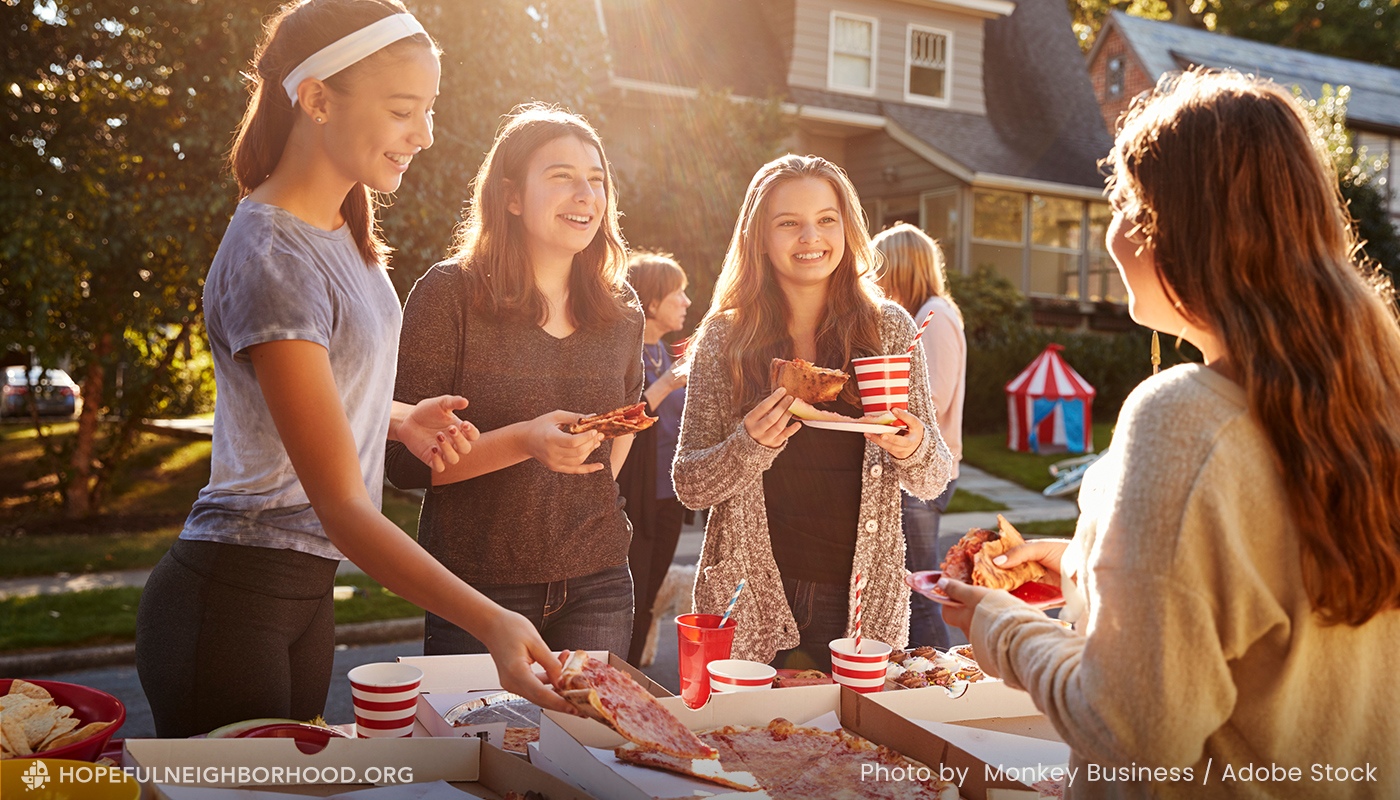American television shows often reflect underlying themes about family and culture. For instance, on The Simpsons there is a sharp contrast between the Simpsons and the Flanders. Both families experience joys and struggles throughout their combined history as neighbors on the show. But while the Flanders are seen as pious, joyful, and have it all together, the Simpsons appear dysfunctional and erratic, to say the least.
Recently, I wondered whether I preferred my family to be more like the Simpsons or the Flanders. I realize this question has less to do with what my family does and more with how I want my family to be seen by others. I don’t think my family is overly dysfunctional, but I do believe we have our Simpson moments. I’m fine with that—as long as people don’t know we have our Simpson moments.
Regardless of what my family type might be, one way I want to be a good neighbor is to not burden others in my community. I want to follow the rules, not cause a ruckus, make things go smoothly, and do my civic part. I do this because I want others to do the same; therefore, I feel I should lead by example. I want others to at least know I’m trying to do my part, so they should do theirs, too. I admit this may not be the best way to look at it, but it’s how I often think.
I also realize that being a good neighbor doesn’t equate with knowing my neighbor. In fact, in my family we have to be careful not to let being good neighbors become more important than knowing our neighbors. Sometimes I wonder if a healthy neighborhood is not mostly about fixing problems; instead, it’s more about neighbors being there for each other and helping each other out. If this is the case, getting to know my neighbors and their needs would be a good place to begin. Then, trying to fix neighborhood problems can come later.
One way you can get to know your neighbors is by letting them help you. This means being open to their assistance, which can be a really good way to “break the ice” and get to know others. Recently, helpful neighbors brought us food, dropped off books during the pandemic, and helped me jump my car. All these things have resulted in unique neighborly connections. Without these neighborly acts of kindness taking place, a number of vital connections would not have occurred.
You may find that a key part of good neighboring involves not just serving your neighbors but letting them serve you. Even if you may not need help, how can you encourage people toward a mindset of helping each other? Whether your family resembles the Flanders or the Simpsons, there is a place for both types of households—if we are willing to serve others and let others serve us.

0 Comments